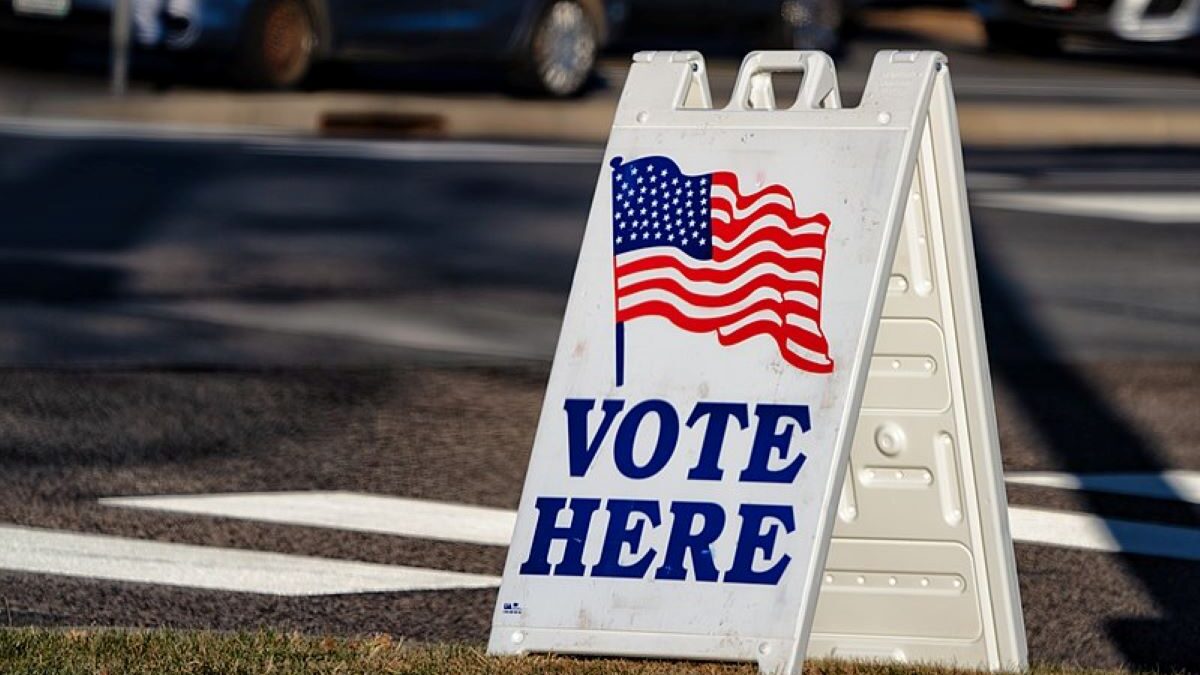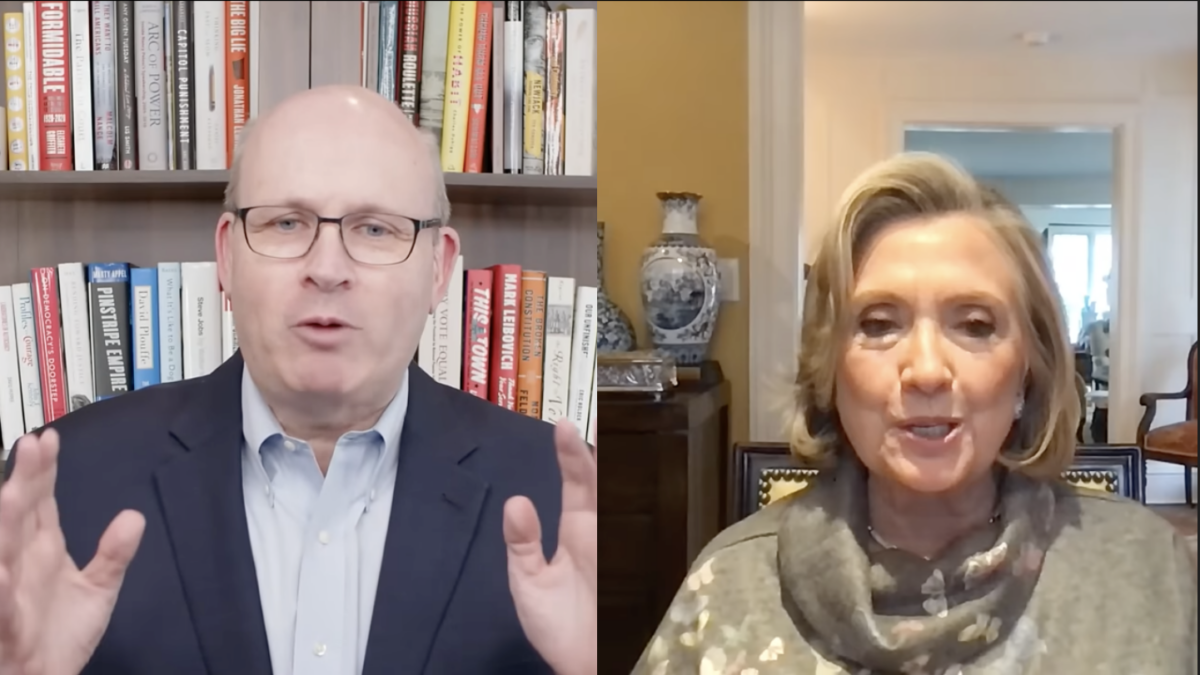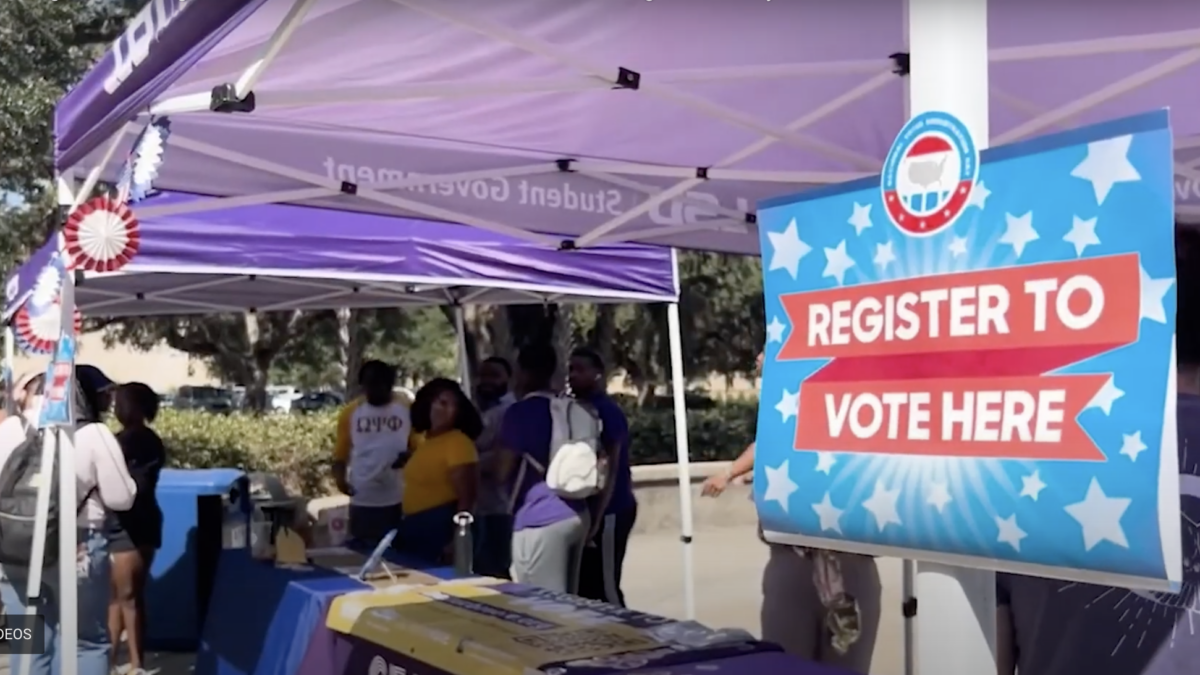When all the dust settled after the 2020 election, many Americans were horrified to learn of the private takeover of government election offices by leftist billionaires (commonly known as “Zuckbucks“) that funded get-out-the-vote efforts in Democratic areas of swing states.
Some 24 states listened to their constituents’ concerns and passed bans or restrictions on private funding of election offices. Six Democrat governors, however, vetoed such legislation, including the key swing states of Pennsylvania, Wisconsin, Michigan, and North Carolina. Despite Facebook founder and CEO Mark Zuckerberg announcing he will no longer fund such election grants, the private infiltration of these offices is still ongoing.
The Center for Tech and Civic Life (CTCL) was one of two left-leaning nonprofit groups that funneled roughly $328 million from the Chan Zuckerberg Initiative to government election offices — particularly blue counties of key swing states — to help fund Democratic get-out-the-vote efforts, buy election equipment, and instate other election shakeups deemed “necessary” under the cover of the Covid-19 “emergency.” Such a massive influx of private funding into government election offices was unprecedented, and it arguably swung the election in then-candidate Joe Biden’s favor.
But CTCL’s infiltration is not isolated to the 2020 presidential election. According to the Foundation for Government Accountability (FGA) — a good-government group that has been tracking email communications between local election officials and leftist special interest groups — CTCL’s goal is to infiltrate more than 8,000 local election departments by 2026.
Per a September 2021 email between CTCL advisers and an election official in Madison, Wisconsin — a state whose Democrat governor vetoed legislation banning “Zuckbucks” twice — CTCL advisers discussed the agenda of an upcoming Sept. 29 meeting unveiling CTCL’s “strategic plan.” This scheme included setting local election standards, “supporting select [election] departments with grants and technical assistance,” keeping up “partner endorsements and hundreds of grants for implementation,” and “advocate[ing] for increased government funding.” The email states that while CTCL has already “supported nearly 3,000 departments though our trainings, resources, and 2020 grant-making,” its goal is to have such standards implemented nationwide by 2026 to “reach over 8,000 local election departments.”
A left-wing special interest group communicating with a Wisconsin election official about its “strategic plan” to take over government election offices sets off alarm bells reminiscent of 2020.
But it’s not just Wisconsin CTCL is targeting. In a December 2021 email to CTCL, the director of the Dauphin County Bureau of Registration and Elections in Pennsylvania discussed grant opportunities from CTCL to fund drop boxes and other election-related “infrastructure.” Then a March 2022 email covered “new programs” that would go hand-in-hand with said infrastructure.
Multiple emails between election officials in Lehigh County, Pennsylvania, and CTCL focus on the latter’s new project, the U.S. Alliance for Election Excellence, a coalition of leftist nonprofits focused on infiltrating local election offices under the guise of bolstering election security. Included in the emails are briefings titled “Election Infrastructure Initiative Partner Toolkit” and “Redistricting Resources for Election Officials.” Leigh County election officials also gave CTCL two documents of 2021 political candidates and their contact information. By purporting to beef up election security, what CTCL really means is employing the same tactics used in 2020 to undermine election integrity laws and practices that ensure free and fair elections.
The Lehigh County emails also reveal another strategic initiative by CTCL: lobbying the federal government to use taxpayer dollars to fund their infiltration of local election offices across the country, or the “Election Infrastructure Initiative.” In the Lehigh County emails, CTCL officials thank the county administrators for signing a letter to Congress asking for $5 billion for election infrastructure that includes voting machines, ballot verification technology, “upgrading voter registration databases” and local election management systems, and “strengthening cybersecurity.”
“Upgrading” voter registration databases is the same kind of ploy that Democrat-controlled voter maintenance system ERIC uses to inflate voter rolls and access potential Democratic voters. As I reported in these pages in August, “Per ERIC’s own statistics, in 2020, it identified 17 million new voters compared to identifying only about 3 million inaccurate voters on the rolls.” So it’s no wonder why CTCL wants access and co-opts the same language. And this is not unique to Lehigh County; emails between Milwaukee, Madison, and Green Bay election officials and CTCL show they’re in on the project.
That major counties of key swing states are cooperating with a leftist group funded by billionaire leftist ideologues whose efforts substantially affected the outcome of the 2020 presidential election should concern every American. After all, election outcomes in a couple of swing states are not confined to those states; they can change the game for the entire country.
But these communications among election officials in Pennsylvania and Wisconsin and CTCL are just the tip of the iceberg and only a fraction of what’s going on behind the scenes. In fact, the FGA has uncovered a vast network of coordination between local election officials and left-leaning groups “to undermine election integrity” — including CTCL and the U.S. Alliance for Election Excellence’s plan to infiltrate and coordinate with thousands of election offices through 2024 and beyond.







